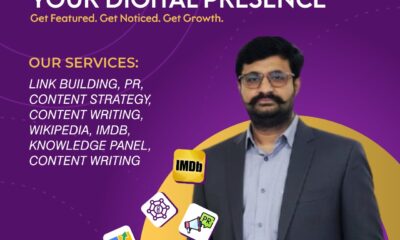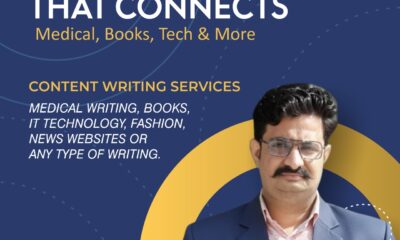Microsoft Predicts AI Agents Will Be Your Co-Workers by 2025
Artificial intelligence is no longer a futuristic concept—it’s becoming part of the workplace reality. According to Microsoft’s 2025 Annual Work Trend Index report, AI agents will soon be as common as human co-workers, reshaping job roles, workflows, and organizational structures.
Described by Microsoft as a transformation on par with the Industrial Revolution or the rise of the internet, this shift signals a new era of “intelligence on tap”—scalable, embedded AI tools that businesses can use to meet rising demands and overcome human capacity limits.
The report reveals that 82% of business leaders believe 2025 is a pivotal year for defining how AI will be integrated into their workforce. Already, 46% of organizations are using AI to fully automate parts of their operations—especially in customer service, marketing, and product development. Notably, 33% of business leaders are even considering headcount reductions as AI takes over routine or technical tasks.
Microsoft also introduces the idea of the “agent boss“—a new employee role where humans guide and manage AI agents to complete tasks more effectively. Rather than being replaced, many workers may find themselves in supervisory roles over AI, focusing on strategy and oversight rather than execution.
OpenAI CEO Sam Altman supports this trajectory. In a blog post earlier this year, he predicted that AI agents could join the workforce as early as 2025, significantly boosting company productivity. He envisions AI systems not only writing code but also testing, validating, and integrating it—effectively performing the duties of a mid-level software engineer.
Some organizations are already deep into this transformation. Altman has stated that several companies currently rely on AI to write up to 50% of their code. Dario Amodei, CEO of AI research firm Anthropic, has gone further, predicting that AI will generate 90 to 100% of code by the end of 2025.
Tech leaders across the board are embracing this AI-first future. Meta CEO Mark Zuckerberg recently confirmed that AI is already replacing mid-level engineers at his company, saying, “We will get to a point where all the code in our apps will be written by AI engineers instead of people engineers.” At Google, CEO Sundar Pichai revealed that over 25% of the company’s new code is currently AI-generated.
While Microsoft positions AI as a productivity enhancer—with 83% of leaders saying AI will free up employees for more strategic work—the potential for job displacement remains a pressing concern. Simultaneously, 78% of leaders plan to hire for new AI-focused roles, suggesting a major shift in the types of skills companies will value.
The rise of AI agents marks a fundamental change in how work is done. Whether this leads to widespread layoffs or the emergence of entirely new job categories remains to be seen. But one thing is clear: AI is evolving from a tool to a teammate. For workers, the key to staying relevant may lie not in competing with AI, but in learning to collaborate with it.
IT.


























